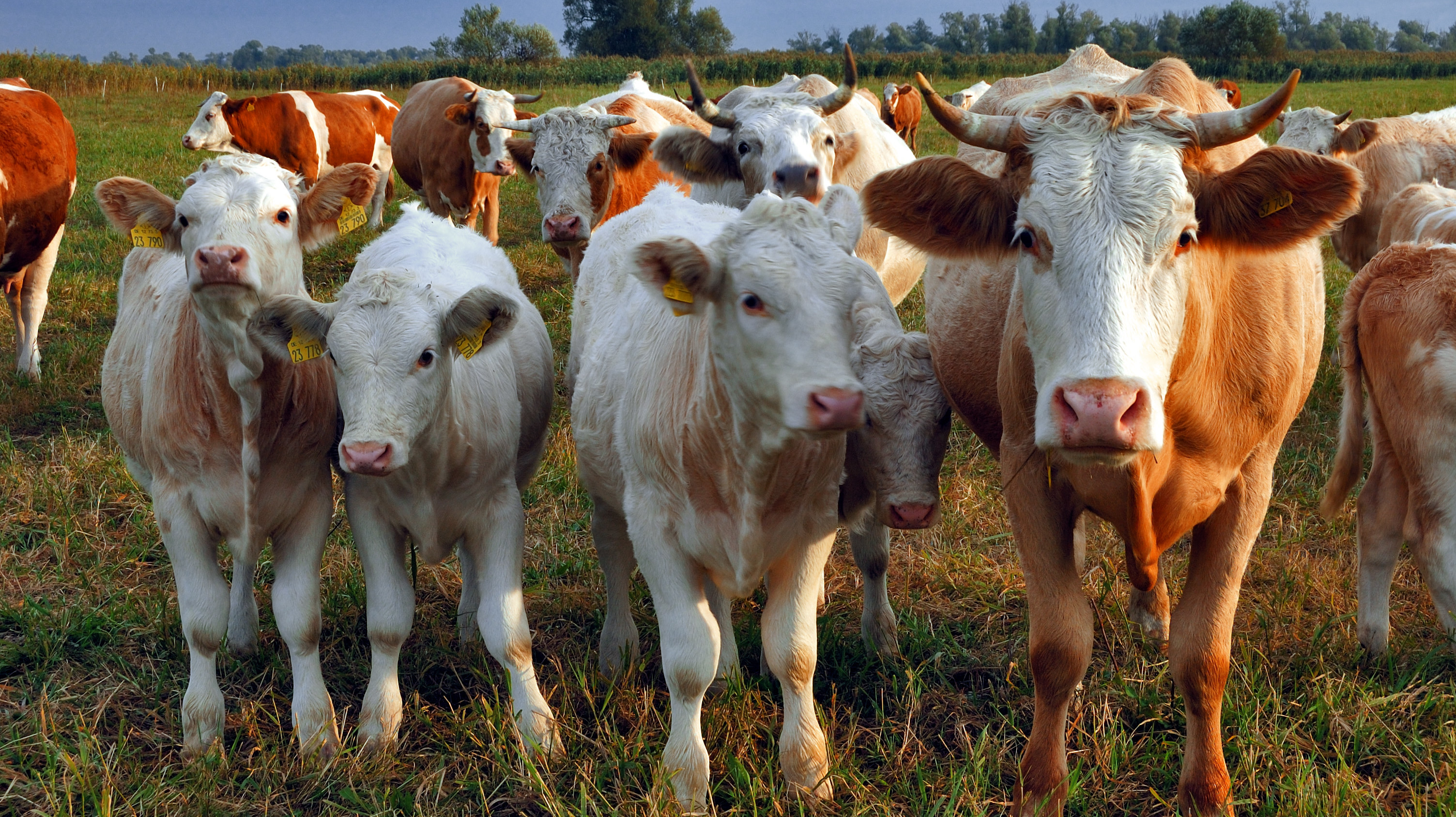Epicurious Won't Publish Any More Beef Recipes
Back in 2014, CVS announced that it would stop selling cigarettes at all of its 7,600 locations, because selling cigarettes at a pharmacy otherwise concerned with health was "inconsistent with [its] purpose." I am reminded of that this week, because Epicurious, Condé Nast's popular digital food publication, has announced it will no longer feature beef in any of its recipes. Like CVS and cigarettes, it seems to have come to the conclusion that promoting climate-damaging beef is inconsistent with its own purpose.
Today we announced that Epicurious is cutting out beef. It won't appear in new Epi recipes, articles, newsletters, or on social. This isn't a vendetta against cows or people who eat them. It's a shift about sustainability; not anti-beef but pro-planet. https://t.co/yQ8PrtChtE
— epicurious (@epicurious) April 26, 2021
"Today we announced that Epicurious is cutting out beef," reads a tweet from the Epicurious Twitter account posted yesterday. "It won't appear in new Epi recipes, articles, newsletters, or on social. This isn't a vendetta against cows or people who eat them. It's a shift about sustainability; not anti-beef but pro-planet."
The full statement about this editorial decision can be read here. In addition, the team at Epicurious put together an FAQ page to eliminate confusion about why this decision was made. It's clear that the staff is ready for tremendous pushback on this: there are sections in the FAQ called "What's so bad about beef anyway?" and "So you're saying I shouldn't eat beef?" The responses to these questions are laden with statistics and quotes from conservation experts, and even those who are already familiar with the environmental impacts of cattle farming could probably learn something from the information provided. I, for example, already knew about how cows' flatulence releases methane into our atmosphere. But I didn't realize that methane is 80 times more powerful a pollutant than carbon dioxide, as cited by Sujatha Bergen, a director of health campaigns at the Natural Resources Defense Council. (That methane, by the way, is why beef is the biggest climate offender, more than the mass production of chicken, pork, seafood, or produce.)
As for the question "So you're saying I shouldn't eat beef?", the answer reads in part: "Maybe! If you're looking for ways to lower your personal carbon footprint, abstaining from beef is a straightforward and effective way to do it. But it doesn't have to be all or nothing." And if you want to cook beef-based meals at home, there are plenty of places to look up recipes for that—Epicurious will simply no longer be among them.
The FAQ page ends on an important point: mitigating climate change will never be accomplished via individual consumer choices alone. But as climate journalist Amy Westervelt points out, "Individual action is really just the first step toward collective action." And collective action can start in our communities before vaulting to the level of government policy. While some people argue that the conversation should be about sustainable beef versus the reduction or elimination of beef from our diets, Epicurious has undeniably chosen a splashy way to get people talking about this issue, and it'll be interesting to see whether a measurable amount of its core readers are upset by this decision, or if the outcry will be limited to internet users looking for a fight. To them, we say: have you tried making burgers out of watermelons yet?
